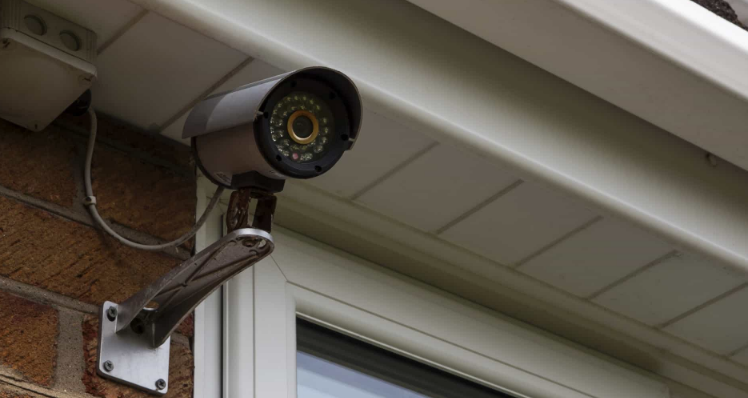
It would be a shame to invest in home security cameras only to place them in the wrong spot and not wind up getting the expected performance from those cameras. Fortunately, figuring out where to place your cameras is not too difficult, and you can correct mistakes if your cameras are already installed. In the content below, we’ll take a closer look at some typical mistakes and the corrections you can make.
They Do One Job
Remember, a security camera doesn’t work the same way as your eyes do. If you were standing watch outside the front of your home, you could move your eyes back and forth to cover many different locations. You could look at the front door, then out at the driveway, and on and on. That’s not what your camera is going to do. Rather, your camera is going to be tasked with keeping watch on one specific thing. If you want a camera to see the face of whoever is walking up to the front door, for instance, make sure the camera is positioned to do that one job perfectly. Expecting your cameras to do multiple things at once is a good way to wind up with them doing nothing useful at all.
Security for the Cameras
While these are called ‘security cameras’, they also need their own protection in order to serve you well over the long run. After all, if a camera is easily accessed by a criminal as they approach the building, why wouldn’t they just cover it up or damage it in some way, so it is no longer useful? When possible, it’s a good idea to place cameras more than nine feet off the ground, as this is the best way to keep them out of reach. As you place your cameras, keep this in mind and make them as hard to access as you can. Of course, if you have already placed your cameras and they are in a place where they could be easily tampered with, consider moving them as soon as possible.
Seeing at Night
Often, it is dark outside when your security cameras are really going to be put to the test. With that being the case, you need to consider how your cameras are actually going to see what’s going on in the dark. There are a couple of options here. First, you can opt for night vision security cameras, which can see in the dark but are more expensive. Or, you can simply light up the area that you would like to see and record. This has the added benefit of being a potential deterrent for criminals, as they won’t want to be standing in the light while they do their work. If some of your current security cameras can’t really see much of anything once the sun goes down, consider your options and make an adjustment so they can be useful 24 hours a day.
